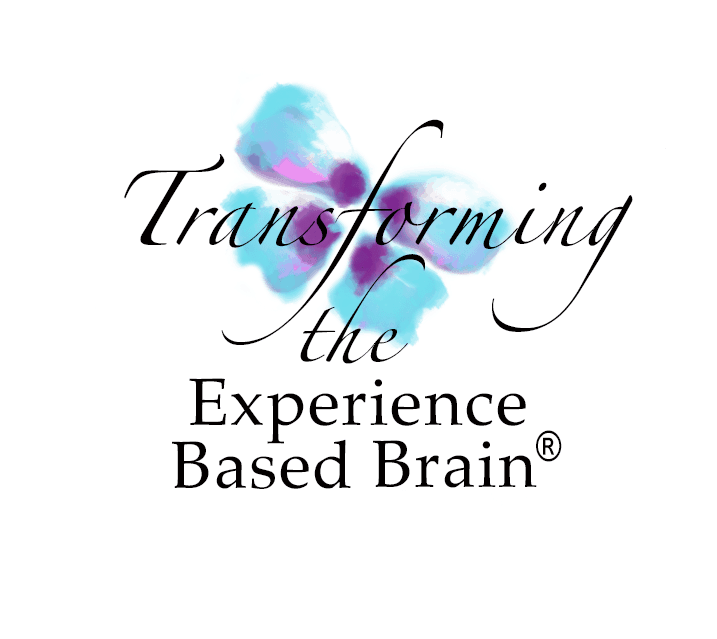"Healing is fluid. Healing can not be held down to logic"...sterrell 12:01:21
Meet the Teaching Team
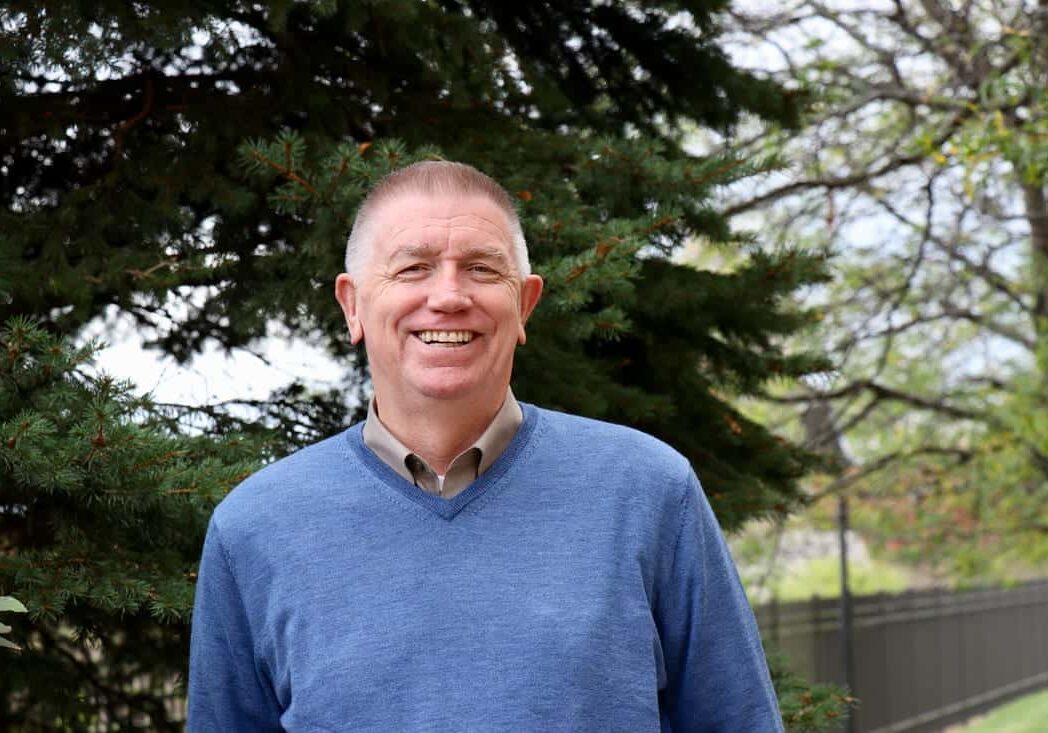
- Stephen Terrell, PsyD Lead Facilitator
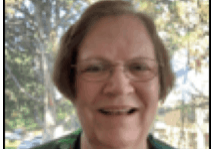
- Ellen Keating, PsyD Lead Assistant
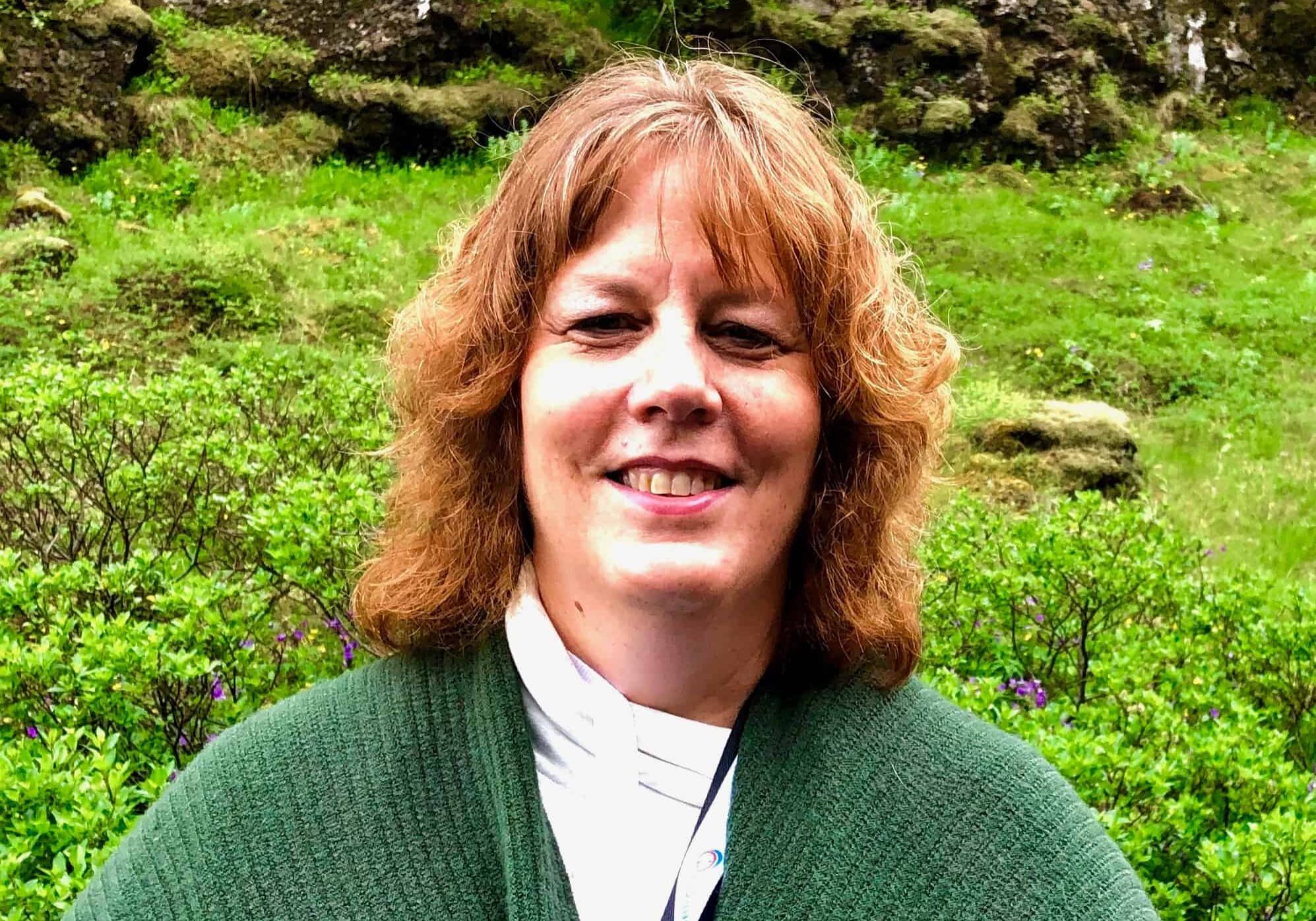
- Robin Sullivan, MA, LMFT Lead Assistant

- Heather Smith Administrative Lead
Become a Certified Transforming Touch® Practitioner
Join the thousands of Practitioners implementing Transforming Touch®'s scientific Regulation-Focused Approach for treating Developmental Trauma. Transforming Touch® Practitioners implement a series of Regulation-Focused Enhancements to increase regulation and reduce the effects of early stress and trauma on the nervous system. Regulation-Focused Approach can be a stand-alone treatment model for complex or Developmental Trauma, or it can be used to support the effectiveness of other modalities.
We offer students several ways to learn Transforming the Experience-Based Brain®: 1. Online Learning for those who have travel restraints and want to learn in a group setting online with an Intentional Approach to learning. 2. In Person Learning for those who learn best in a classroom setting with other students and a hands-on approach to Transforming Touch®. 3. Independent Learning for those who want to join a class that is in progress or prefer learning on a 1:1, approach where they will work directly with a Senior Assistant for the Skills Building portion of the training.
To reduce your cost of learning Transforming the Experience-Based Brain® and becoming a Transforming Touch® Practitioner, we have designed a two-part training experience for students. All the lectures are taught through pre-recorded videos online for each of our learning approaches. The Skill Building portion is taught in-person, online, or 1:1. This reduces time away from home costs and travel-related costs.
Transforming Touch® Practitioners complete all three modules and show competency during the Skill Building experience.
What is Transforming the Experience-Based Brain®?
Transforming the Experience-Based Brain (TEB) is a "Trauma-Informed" modality that implements Regulation-Focused Approach to the repair and healing of Developmental Trauma. The modality is based on the idea that when there are ruptures during early platform development, they continue to disrupt a person's life. TEB incorporates presence, regulation, and relationship to repair these ruptures.
Transforming the Experience-Based Brain (TEB) creates a Safe Haven where the client can begin to experience a sense of trust between themselves and the therapist. Even though these changes may be subtle, they hold powerful consequences for our client.
Transforming the Experience-Based Brain (TEB) allows for a series of ruptures and repairs. This creates the opportunity to redesign those earlier platforms.
Transforming the Experience-Based Brain (TEB) supports the importance of presence and relationship. John Bowlby's work showed us the importance of the Secure Base while growing and healing. This relationship supports the client's transition from insecure attachment to earned secure attachment. This transition opens the way for the client to show increased vulnerability which increases the potential for healing..
Transforming the Experience-Based Brain (TEB) reflects the understandings of Developmental Trauma and relies on studies such as Adverse Childhood Experience Study. This study shows the importance of intervention in someone's life who was exposed to Developmental Trauma. Intervention can and will prevent a lifetime of disease.
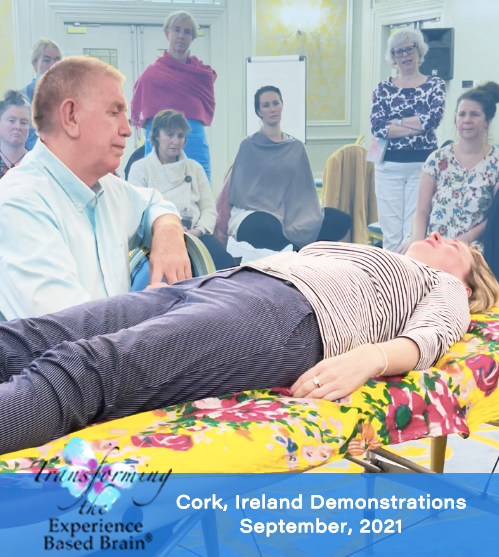
Get Training Updates
Who is this training for?
This training is open to all those who support healing in others, those who work in a therapeutic or educational setting, including but not limited to the following:
- Psychiatrist, Psychotherapist, Counselors, Marriage and Family Therapists, Social Workers, Art or Music Therapist
- Medical Doctor, Registered Nurse, Chiropractor
- Body Worker, Acupuncturist, Massage Therapist, Biodynamic Cranial Sacral Therapy
- or attended Somatic Experiencing Training, Sensory Motor Training, Hakomi Training, or a Somatic Training Program, Touch Skills for Therapist, or Somatic Resilience and Regulation
- Currently have a "Healing" practice
- If you are unsure about your qualifications, please reach out to the training site coordinator
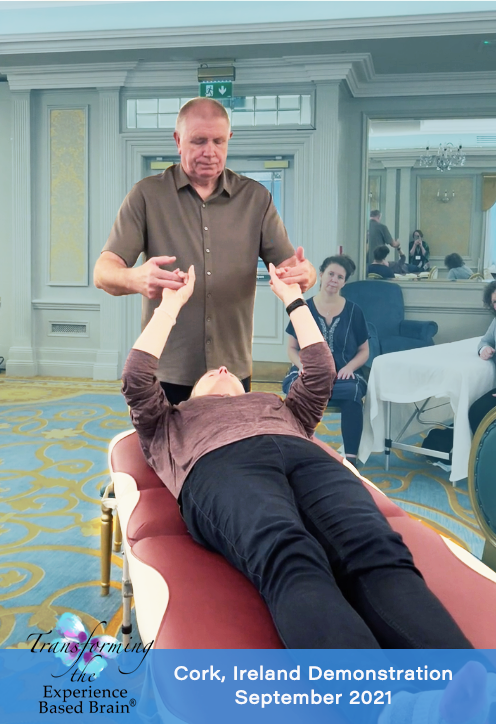
Transforming Touch® Practitioner Training IT'S HYBRID
"You can learn either in person, online, or Independent Learning"

Virtual Transforming Touch® Training
-
Watch pre-recorded lectures online at your own pace
-
Watch all demos online at your own pace
-
3 full days of Skill Building Intentionally online
-
Triads in Break out rooms during Skill Building
-
No travel or lodging expenses

Virtual 2 Transforming Touch® Training
-
Watch pre-recorded lectures online at your own pace
-
Watch all demos online at your own pace
-
Learn 6 Enhancements online with Senior Assistant
-
Triads in Break out rooms during Skill Building
-
No travel or lodging expenses

Live Transforming Touch® Training
-
Watch pre-recorded lectures online at your own pace
-
Watch all demos online at your own pace
-
3.5 days of Skill Building at location with peers
-
Triads with other students live during training.
-
Review of Enhancements onsite
Two Ways to Learn and Apply Transforming the Experience-Based Brain to your practice:
Transforming Presence is an effective way of facilitating regulation within our client's nervous systems. The protocols and enhancements are designed to work with or without physical touch. The power of working with intention has been shared from therapists around the world. Some believe it is stronger than using physical touch. Transforming Presence is an effective treatment for those who work in agencies that prohibit physical touch and for those limited by licensure laws. This is also the chosen path for telemedicine.
Transforming Touch® is an effective way of facilitating regulation within our client's nervous systems using physical touch. The protocols and enhancements are designed to work with or without physical touch. Those who touch begin to bring awareness to the space and to their own presence. This awareness and consistently enhances a client's level of healing.
Testimonials
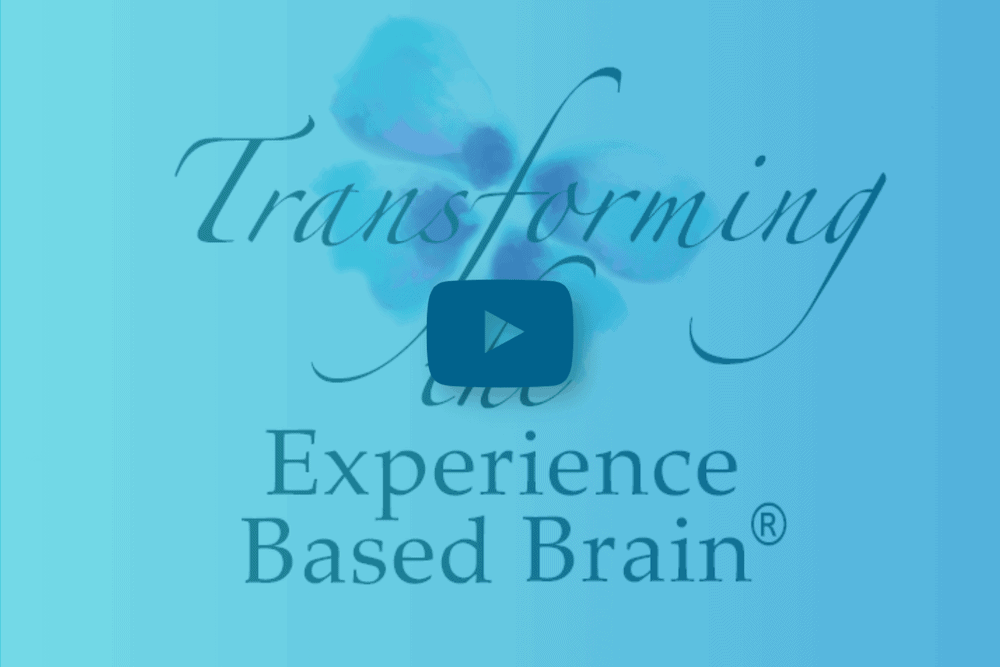
- Mina Roustayi TEB Graduate

- Gerardine Boyle TEB Graduate

- Anita Mandley TEB Graduate & Senior Assistant
From a movie that Jodie saw following a day of Skill Building:
When you are underwater for months time, You lose all sense of day and night.
And there is only awake and dreaming.
It's not that those things are easy to distinguish.
- Underwater
- Jodie
Over the last year and a half, I had experienced knee, hip, and back pain that was partially and temporarily relieved with massage. I was referred by a friend to work with Tammy for what I thought was a traditional massage. After meeting in person with Tammy for the first time and hearing an explanation of her process, I was intrigued by the possibility that she may actually be able to address the root of my pain and possibly provide me more permanent pain relief.
- Tammy Lord, BS, LMT, RY aka Spirit Speaker TEB Graduate

Transforming the Experience-Based Brain®
Module Objectives
MODULE 1
- Shock vs Developmental Trauma
- Threat Response and Stresses
- Implicit vs Explicit Memory
- Locus of Control
- Internal
- External
- Autonomic Nervous System
- Self Regulation
- Co-Regulation
- Hierarchy of Healing
- Homeostasis
- Allostatic Load
- Transforming Touch® vs Transforming Intentional Touch
- Transforming Ethics
- The Four Agreements
- Bowlby's 4 points of Healing
- Seven Point Protocol
- Therapeutic Centering
- Types of Touch
- Enhancements
- Kidney/Adrenals
- Brainstem
- 7 Point Protocol
- Fear Paryalsis Primiative Reflex
- Moro Reflex
MODULE 2
- Polyvagal Theory
- Adverse Childhood Experience Study
- Dorsal States
- Window of Tolerance
- Faux Window of Tolerance
- Sympathetic Response
- Parasympathetic Response
- Defensive Accommodations
- Language of Trauma RepairRupture and Repair
- Review Attachment Theory
- Secure Survival Attachment
- Anxious-Resistant Survival Attachment
- Avoidant Survival Attachment
- Disorganized
- Erikson's Psychosocial Development Theory
- Safe Haven and Missattunement
- Hypothalamus-Pituitary-Adrenal Axis
- Cortisol
- Adrenaline / Epineferine
- Rooting/sucking reflex
- Palmar Grasp Reflex
- Asymmetrical Tonic Neck Reflex
- The Midline and why it is important
- Enhancements:
- H-P-A Axis
- Asymettrical Tonic Neck Reflex
- Palmar Reflex
- Rooting Reflex
- Sucking Reflex
- Spinal Galant Reflex
MODULE 3
- Neuroception vs Interoception
- 4 Layers, Physical, Intellectual
Emotional & Spiritual - Over Coupled vs Under Coupled
- Pendulation & Titration
- The Digestive System
- Eating Disorders
- Story Telling
- Shame
- Grief/Loss
- Anxiety & Separation
- Connecting the Process
- Enhancements:
- Over-Coupling
- Under-Coupling
- Landau Reflex
- Tonic Labyrinthine Reflex
- Digestive System
- Symettrical Tonic Neck Reflex
- Mediastinum
Check Out Our Webinars
Want to learn more about our trainings? Then join us during one of our free webinars or watch previous sessions.
